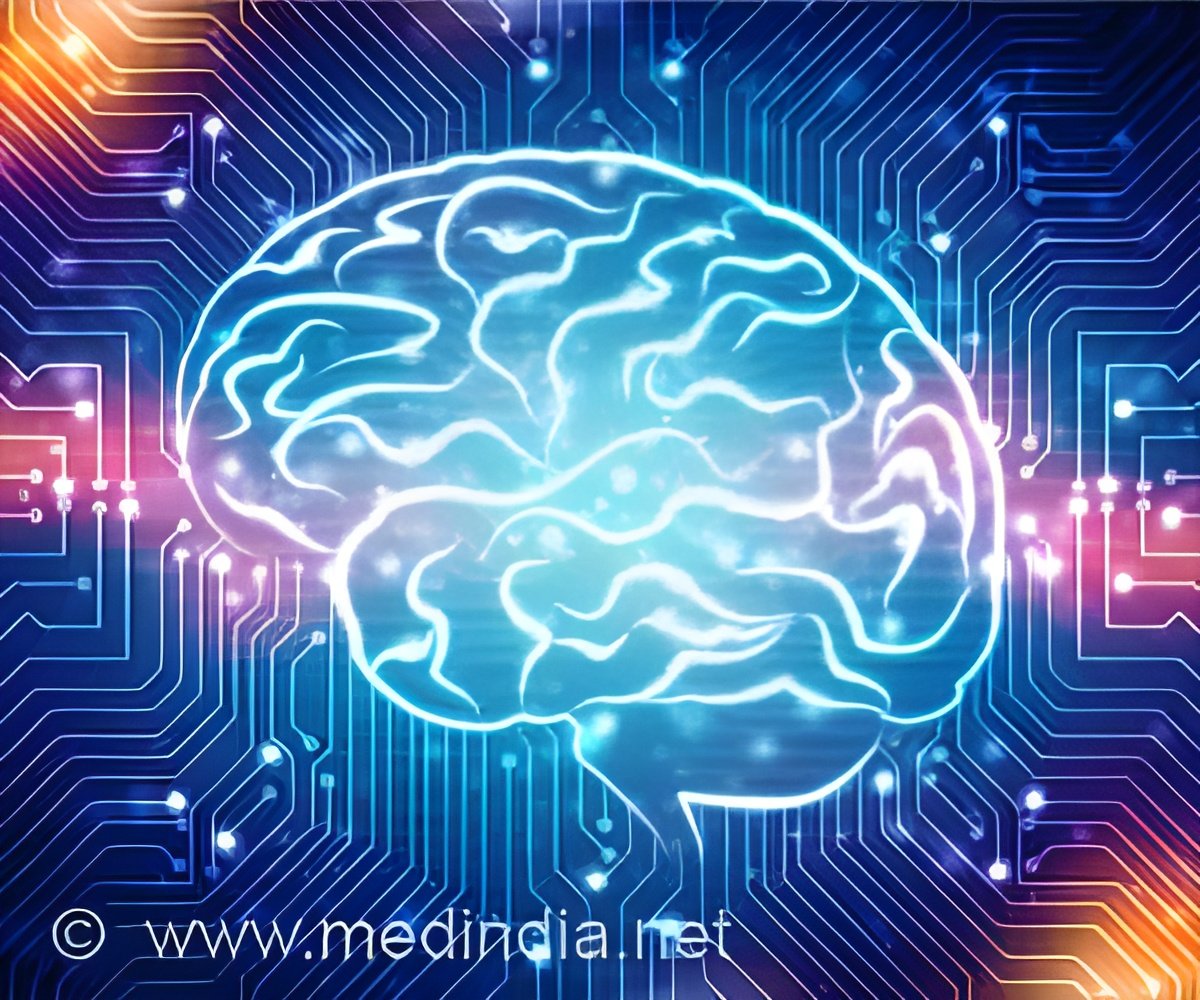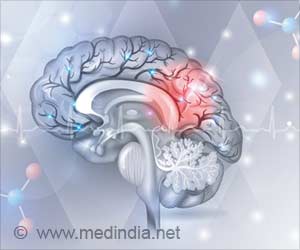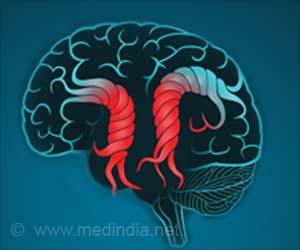Artificial intelligence (AI) helps design tools that can monitor real-time changes in serotonin signalling in the brain and understand its role.

‘Artificial intelligence (AI) helps design tools that can monitor real-time changes in serotonin signalling in the brain. This opens the path to better understand the critical role of serotonin, study sleep, mental health, psychiatric conditions and design effective psychoactive drugs.’





The AI technology in monitoring serotonin level The team utilized advanced genetic engineering and artificial intelligence techniques to develop a new research tool using a nutrient-grabbing, Venus flytrap-shaped bacterial protein. They transformed it into a highly sensitive sensor that fluorescently lights up when it captures serotonin and monitors its transmission with greater fidelity than current methods.
The machine learning algorithms made 250,000 new designs which after multiple testing settled on one.The study idea may contribute to test the effectiveness of new psychoactive drugs.
The experiments in mice showed that the sensor could help scientists study differing serotonin neurotransmission levels under more natural conditions like in fear, awake, and sleep state. A greater drop in the serotonin levels were seen when the mice eventually entered the deeper sleep states – R.E.M. sleep.
The researchers plan to make the AI sensor readily available to other scientists to gain a better understanding of the critical role of serotoninin our daily lives and many psychiatric conditions.
Advertisement















